Table of Contents
- Are Ants Good for Gardens?
- What Roles Do Ants Play?
- Is Sandy Soil the Reason for Your Garden Ants?
- Final Thoughts...
* Our articles never contain AI-generated slop *
Got a case of ants in your garden soil? Before reaching for the insecticides, let's learn about the role these important critters play!
Ants in the garden can be a common sight, and many gardeners want to rid themselves of the once and for all. This mindset doesn't account for the vital role that ants play in the ecosystem, though.
Are Ants Good for Gardens?
At first glance, ants may appear malicious to gardeners - running off with seeds, farming aphids, and biting when disturbed.
Disclaimer: This post may contain affiliate links. Refer to the privacy policy for more information.
While they can certainly feel like a nuisance, ants are a vital component to many ecosystems and have a beneficial role to play in your garden.
Ants Are Part of the Food Web
Complex Systems require a delicate balance with every component relying on every other component - and your garden ecosystem is no exception.
It's worth warning that poisoning ants will often poison the entire ecosystem. As a food source for birds, lizards, small mammals, and larger insects, feeding poison to ants will harm the entire food chain. In outdoor environments, poisons always backfire and I cannot suggest enough that you learn to live with ants instead of demonizing these wonderful composters.
What Roles Do Ants Play?

Are Ants Decomposers?
In Arizona, we call ants the "worms of the desert" - because of how much their role overlaps with that of worms in wetter environments!
Ants are exceptionally important decomposers and help break down and recycle organic matter.
They haul decaying organic matter down underground, where it ultimately helps to improve the soil quality by adding nutrients and improving soil structure.
This nutrient cycling process plays a vital role in maintaining a healthy and fertile garden!
Ants Are Vital Pollinators
When it's ant season, you may see your flowering plants covered in highways of ants communiting to an from the flowers. They play an important role in pollination, transporting pollen from flower to flower as they collect pollen and nectar for food.
Ants Cycle Nutrients
There's nary a creature who can strip decaying leaves and plant matter faster than ants. They're incredible at it!
Rather than dead plants and foliage remaining in place at the end of the growing season, destined to slowly wither, ants speed up the process of stripping them for nutrients.
Think of them like junkyard operators, tearing out any bits of value from the previous season's plants and recycling them.
Ants demonstrate amazing teamwork and move super quick to carry the decaying matter underground where it can return to the soil.
Often, carrying nutrients underground where its moist means aiding fungi in colonizing the plant matter - speeding up its decay. Many ants then feed off the fungi - utilizing the nutrients for their colony during active periods of the year.
Most species of ants only live a few weeks to months, before their nutrients are released again to be brken down by soil organisms and become available to plants.
Ultimately, ants help return above-ground nutrients from dead plants back to the soil for future plants, completing the nutrient cycle.
Is Sandy Soil the Reason for Your Garden Ants?
Ants favor sandy soils for their colonies, and have much more difficulty creating nests in high quality soil.
Join The Grower's Community
A free & open space for anyone who is passionate about cultivation 🌱
Check It Out!
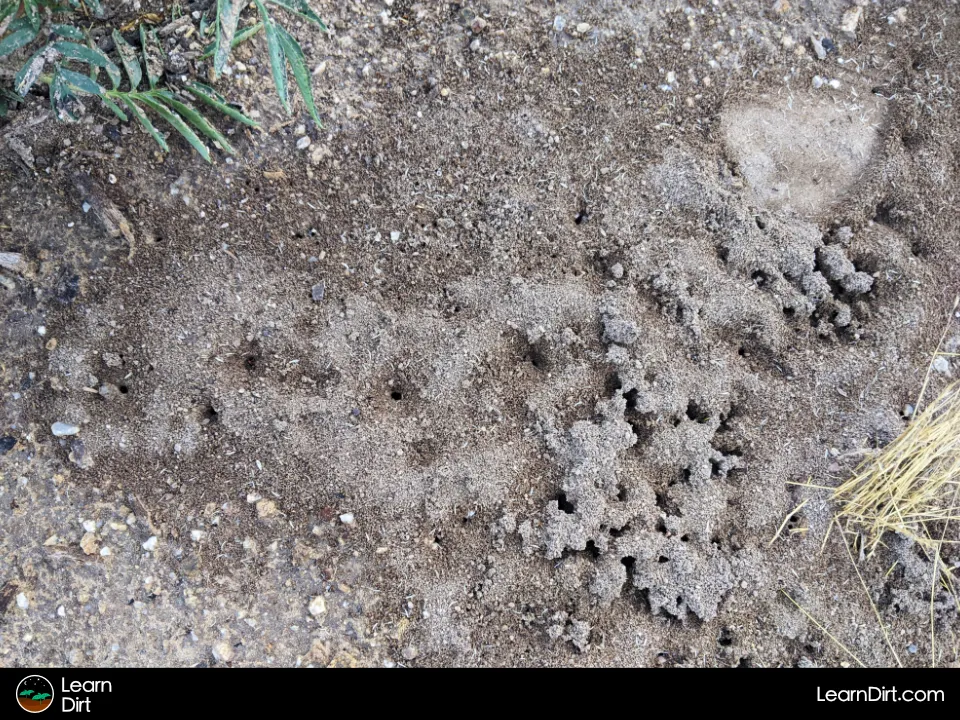
In fact, I've never had an ant nest in any of my rich garden soil before. I've seen plenty of ant nests in the sandy garden paths near the edges and between my beds, though.
Depleted soils are prime habitat for ants, and I've seen plenty of ants living in gardens which gardeners were not amending with enough organic matter.
They don't like to nest in rich fluffy humus, they like it dryer and grittier. If the soil is poor enough for ants, it's usually too poor to grow veggies well in.
If you improve your soil quality, the ants will generally go find someplace else to live.
They may still strip nutrients from dying leaves and stalks in your garden, and pollinate your flowers, but they likely won't build any nests in your soil if it's got a high enough organic matter content.
Build good soil, your ant populations will retreat to sandier pastures.
Final Thoughts...
Looking for ways to control other garden pests naturally? Check out the full guide here.








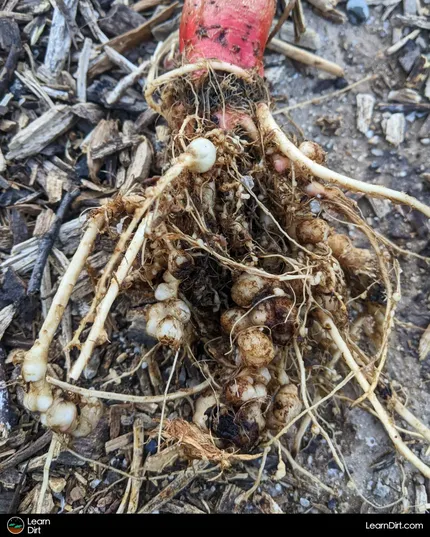
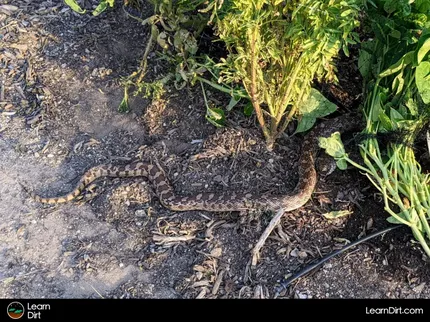
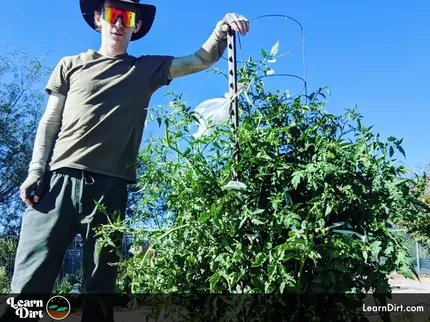
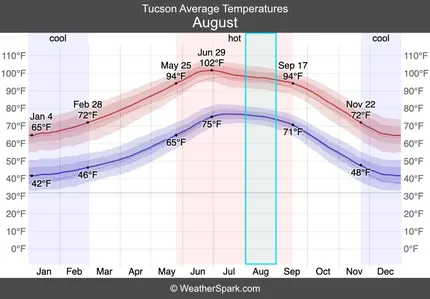
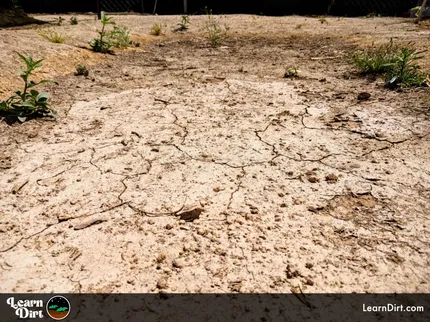
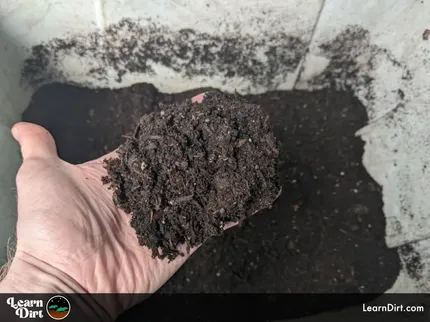
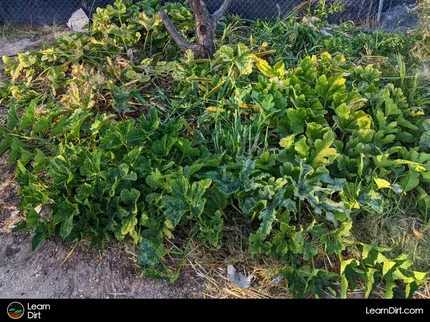
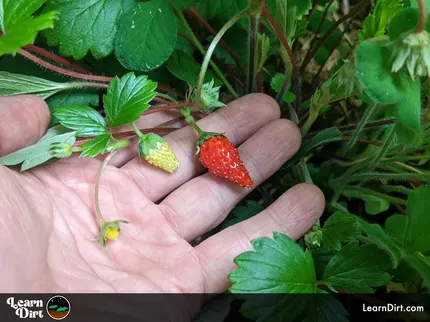
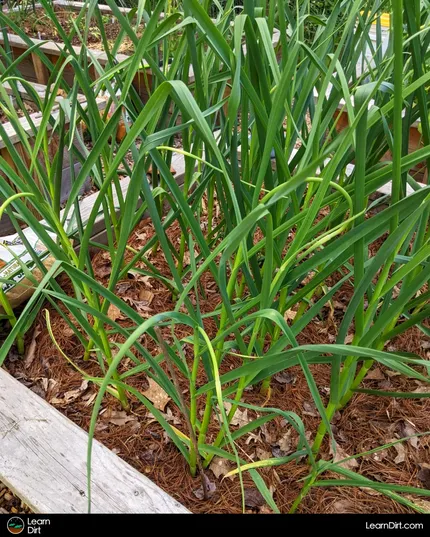
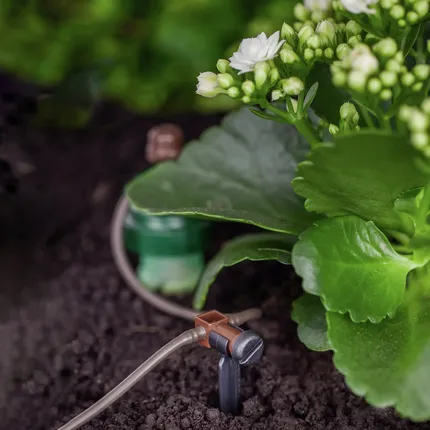
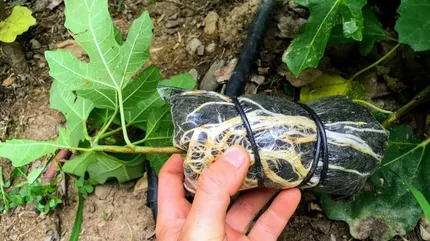



![Black Dirt Live Again [Green] T-shirt](/media/product_images/black-dirt-live-again-[green]_shirt_260x260.png)
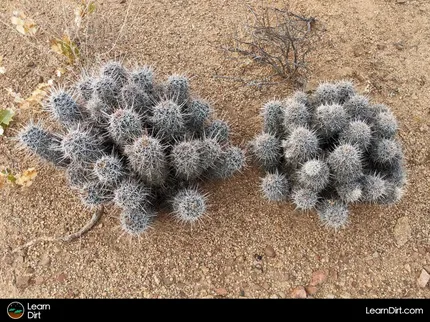
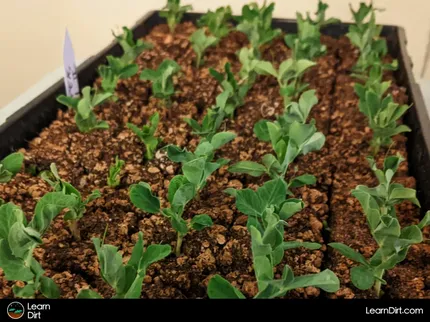
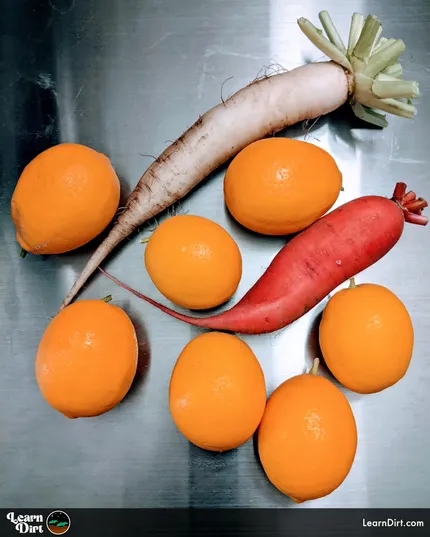
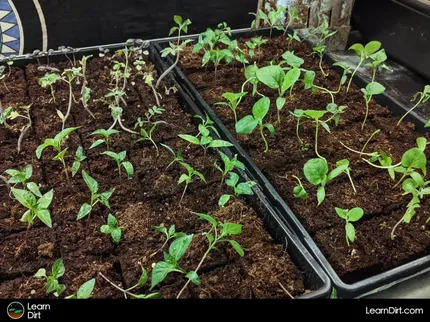
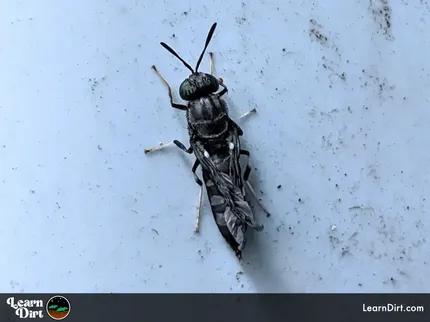
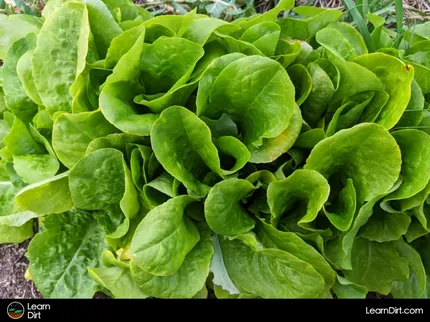
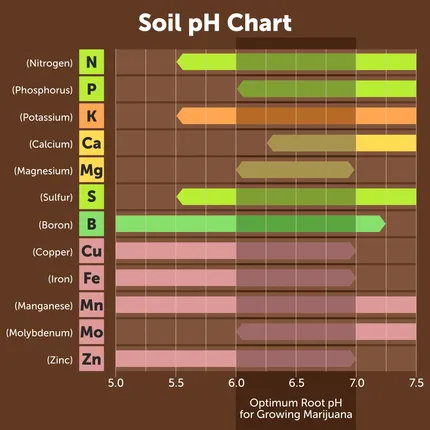

Leave A Comment:
Under construction, please check back soon!